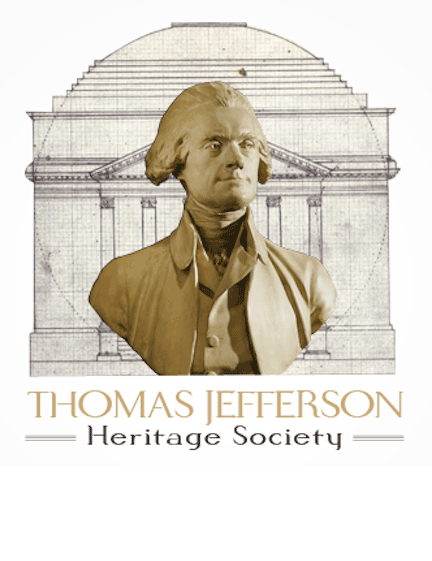Thomas Jefferson’s Enlightenment: Paris 1785
Why Jefferson left Monticello in 1784 and went to Paris is somewhat of an unanswered mystery. His wife had died several years before, and he was left with three young daughters, and the continued responsibility for a working plantation. He suggests that he still needed a “change of scene” from his wife’s death. This book does not attempt to answer that question, but it does present a unique and intriguing account of what the Paris experience meant in the development of Jefferson’s political and social concepts.
Leaving the largely rural expanse of Virginia, he was suddenly in the largest metropolitan center of the western world and in the midst of social turmoil. He stayed five years leaving on the eve of the French Revolution. During that time he was exposed to the philosophes and their debates of social equality in the salons of Paris. James Thompson takes us on the walks where Jefferson explored Paris, introduces us to the intelligentsia that wished to reform the monarchy, and discusses how the rights of man would change the relationship of all classes of citizens.
An interesting aspect of this examination is the influence of Freemasonry on Jefferson. Many of the leading intellectuals in France were Masons, as were many of the Founding Fathers. Thompson suggests that the principles of Freemasonry were influential in asserting the rights of the individual in the American Revolution.
This is a gorgeous book. Rare maps and pictures of Paris make it a pleasure to turn the pages. Bolstered by a narrative of rare scholarship, this is the indispensable book of Jefferson’s Paris years.
by James C. Thompson
Commonwealth Book Publishers of Virginia (2013)
